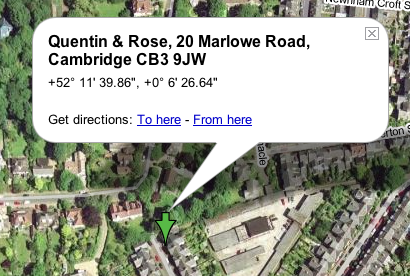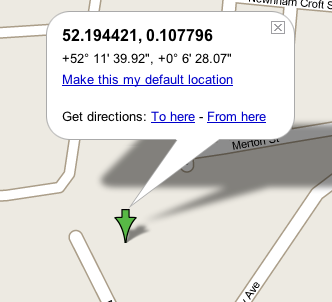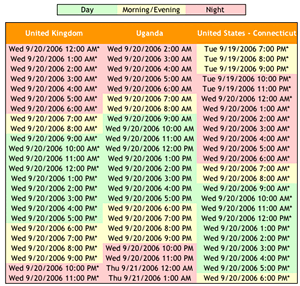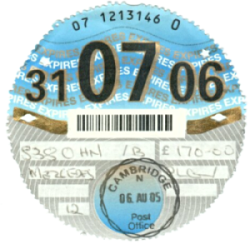Well, this post comes via a 3G network, using my Nokia E61.
I’ll write more about this device soon. It does so much more than my Blackberry – better sound, wifi connectivity, VOIP calls, lovely big screen and pretty decent keyboard, to name a few – but some aspects are noticeably more flaky or obscure.
I had my Blackberry up & running and doing what I wanted very quickly, whereas I’ve been playing with this device all weekend and still haven’t quite got it as I want it. But that’s partly because there is so much more you can do with this… I didn’t spend much time configuring my BB to connect to my Asterisk server via wifi, for example! But the BB is basically an enhanced phone, where this is a very capable PDA, almost a tiny laptop, with a whole new operating system to learn – Symbian, in this case, which I’m much happier to have on my phone than anything from Redmond.
The main reason I wanted to try the E61 was to get 3G connectivity for my laptop, and it does that very nicely. It’s also better for doing blog posts from the breakfast table!
But for general ease of use, it’s hard to beat a Blackberry.






Recent Comments